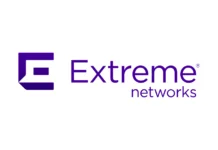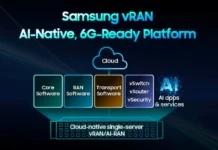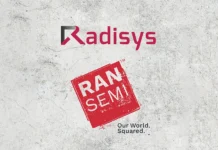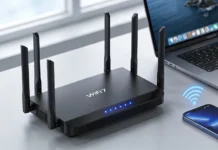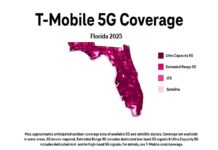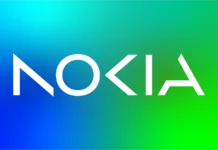Singtel has launched its Hybrid Quantum-Safe Networks (QSN), marking the first deployment of such a network in Southeast Asian region. It brings together Quantum Key Distribution (QKD) and Post-Quantum Cryptography (PQC) to offer stronger protection against emerging quantum threats. QKD provides secure key exchange exclusively between intended parties, while PQC represents a new generation of encryption algorithms designed to withstand quantum-level cyberattacks. This dual-layer structure offers enterprises a cost-efficient, adaptable, and globally scalable way to strengthen data security.
The new Hybrid QSN goes beyond safeguarding core data centers and mission-critical environments by extending protection to branch offices, cloud networks, remote sites, and international operations. Using PQC-based key distribution, it broadens QKD-protected links, ensuring end-to-end quantum-safe coverage across diverse enterprise infrastructures. This marks a significant step in Singtel’s ongoing commitment to reinforce Singapore’s standing as a quantum-safe nation.
Mr Ng Tian Chong, Chief Executive Officer, Singtel Singapore, said, “Quantum computing represents one of the greatest opportunities of this decade – from curing diseases to predicting climate change and boosting productivity – but it also presents one of its biggest risks. It could break today’s encryption standards, the very foundation of digital trust in our connected world. As a critical infrastructure services provider, Singtel has been helping enterprises anticipate, defend and manage emerging threats so they can innovate and scale securely. Our Hybrid Quantum-Safe Network gives enterprises a practical and scalable way to protect their most sensitive data while preparing for what’s next.”
He added, “By delivering the region’s most flexible and extensible quantum-safe model, we’re strengthening Singapore’s position as a leader in digital resilience and building digital trust. We encourage businesses exploring ways to safeguard and future-proof their operations in the digital economy to reach out to us.”
The Hybrid QSN integrates ID Quantique’s (IDQ) QKD and key management platform to distribute encryption keys securely and leverages Palo Alto Networks’ PQC solution, a software-based feature that introduces quantum-safe encryption into existing systems. This collaboration enables enterprises to accelerate their quantum-readiness strategies. Additionally, Singtel has signed a Memorandum of Understanding with Palo Alto Networks to deliver the Hybrid QSN as a managed security service.
Mr Simon Green, President, Asia-Pacific and Japan, Palo Alto Networks, said, “The threat of quantum computing is very real, and our customers are looking for a practical way to help future-proof their networks against this emerging risk. By bringing together our advanced quantum security solutions and Singtel’s hybrid quantum-safe network, we’re providing a scalable and flexible way for enterprises to extend critical protection from their core data centres to their remote and international locations. This collaboration gives organisations a powerful, software-based solution to defend their data today and well into the quantum era.”
Designed for sectors that depend on securing critical and sensitive information, Singtel’s Hybrid QSN delivers industry-specific benefits:
- Healthcare: QKD protects hospitals and data centres, while PQC safeguards polyclinics and mobile clinics.
- In financial services, QKD safeguards headquarters and trading platforms, while PQC extends that protection to branches, ATMs, and kiosks.
- For critical infrastructure, QKD secures core systems such as power grids, utilities, and transport control centres, and PQC protects remote assets including substations, reservoirs, and MRT stations.
By merging physics-based key exchanges for high-bandwidth links with flexible PQC encryption across wider networks, Singtel’s hybrid setup delivers end-to-end security coverage. Its platform also validates and manages both key sets and integrates with Palo Alto Networks’ firewalls.
By overcoming distance limits traditionally associated with fiber-based QKD, Singtel’s Hybrid QSN offers cross-border quantum-safe protection—advancing its mission to support multinational corporations and government agencies in securing vital data and future-proofing global operations.

